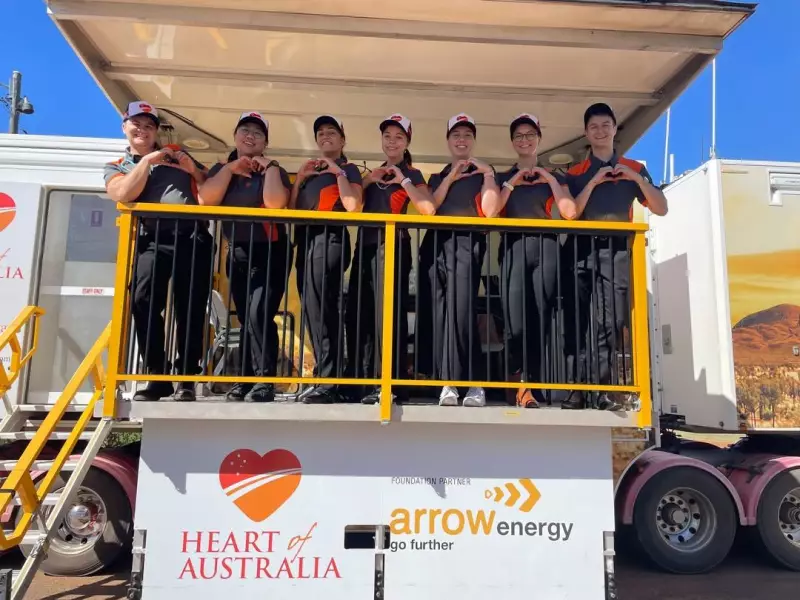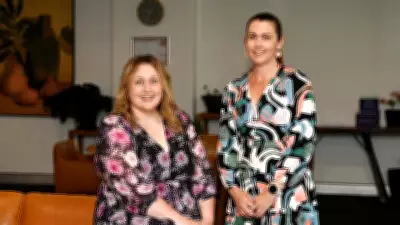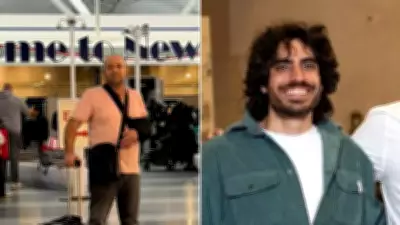
A groundbreaking mobile health service is set to transform healthcare delivery across Western Australia's most remote regions, with the launch of Heart of Australia's HEART 7 clinic commencing operations this week.
Bringing Specialist Care to the Bush
The state-of-the-art mobile clinic embarks on its maiden journey across vast stretches of Western Australia, targeting communities in the Pilbara, Kimberley, and Midwest regions as its first destinations. This innovative healthcare solution aims to bridge the gap in specialist medical services for remote populations.
Heart of Australia Founder Rolf Gomes expressed pride in the national expansion, revealing the organization's impressive track record. "We are incredibly proud to see the first truck of our national expansion hit the road. To date, we've treated almost 20,000 patients and directly saved more than 900 lives," Mr Gomes stated.
Federal Funding Boosts Early Detection
Supported by Federal Government funding, the HEART 7 clinic will initially focus on delivering the National Lung Cancer Screening Program. The service has potential to expand to additional specialist healthcare services in future, addressing multiple medical needs in remote communities.
National Aboriginal Community Controlled Health Organisation deputy chief executive Dr Dawn Casey emphasized the critical importance of this initiative for First Nations communities, where lung cancer rates remain disproportionately high.
"We cannot afford to wait; early detection is critical. That is why this program matters. Our people must have care that is effective and culturally safe, delivered in ways that respect community and Country," Dr Casey explained.
Culturally Inclusive Healthcare Approach
The mobile clinic represents more than just medical equipment on wheels—it embodies a commitment to culturally appropriate healthcare that respects Indigenous traditions and connection to land.
"By working together to make screening accessible and culturally inclusive, we can support our people to take control of their health and give families more precious time with their loved ones," Dr Casey added, highlighting the human impact beyond medical statistics.
The HEART 7 service marks a significant step forward in addressing healthcare inequality in regional Australia, bringing life-saving technology and specialist expertise directly to communities that have historically faced barriers in accessing timely medical care.
Western Australian residents in remote areas can access more information about HEART 7 scheduling and future visits through the official Heart of Australia website.





